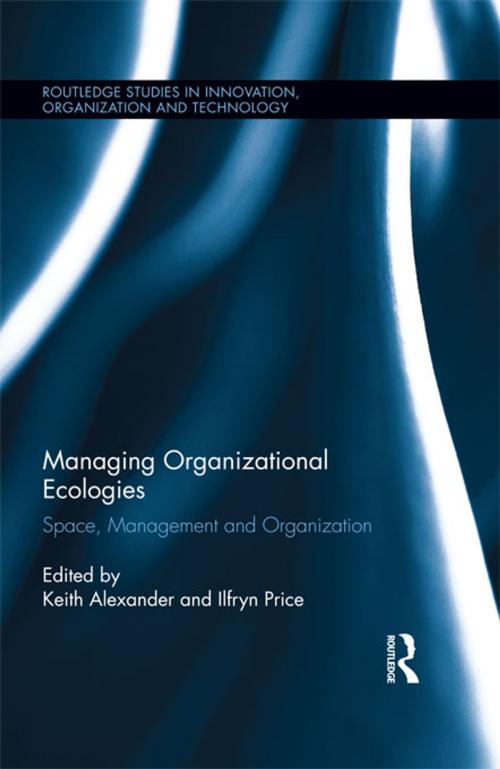Managing Organizational Ecologies
Space, Management, and Organizations
Business & Finance, Management & Leadership, Management, Human Resources & Personnel Management| Author: | ISBN: | 9781136302596 | |
| Publisher: | Taylor and Francis | Publication: | May 2, 2013 |
| Imprint: | Routledge | Language: | English |
| Author: | |
| ISBN: | 9781136302596 |
| Publisher: | Taylor and Francis |
| Publication: | May 2, 2013 |
| Imprint: | Routledge |
| Language: | English |
The term Facilities Management has become global but fraught with confusion as to what the term signifies. For some, notably in the USA, Facilities Management remains a discipline of human ecology. Elsewhere the term has become conflated with an alternative meaning: providing or outsourcing the provision of various services essential to the operation of particular buildings. This volume redresses that imbalance to remind Facilities Management of its roots, presenting evidence of Facilities Management success stories that engage the wider objectives of the organizations they serve, and engaging students, scholars and critical practitioners of general management with an appreciation of the power and influence of physical space and its place in the theory and practice of organizations.
This book includes management perspectives from outside the field to ensure that the issues raised are seen in an organizational and management context, informing debate within the Facilities Management fraternity. It draws on human ecology and the perspective of the firm as, itself, an intra-organizational ecology of social constructs. The ecology of a firm is not restricted to the firm’s boundaries. It extends to wider relationships between the firm and its stakeholders including, in an age of outsourced building services, the Facilities Management supply chain. This volume offers arguments and evidence that managing such constructs is a key role for Facilities Management and an important participant in the provision of truly usable spaces.
The term Facilities Management has become global but fraught with confusion as to what the term signifies. For some, notably in the USA, Facilities Management remains a discipline of human ecology. Elsewhere the term has become conflated with an alternative meaning: providing or outsourcing the provision of various services essential to the operation of particular buildings. This volume redresses that imbalance to remind Facilities Management of its roots, presenting evidence of Facilities Management success stories that engage the wider objectives of the organizations they serve, and engaging students, scholars and critical practitioners of general management with an appreciation of the power and influence of physical space and its place in the theory and practice of organizations.
This book includes management perspectives from outside the field to ensure that the issues raised are seen in an organizational and management context, informing debate within the Facilities Management fraternity. It draws on human ecology and the perspective of the firm as, itself, an intra-organizational ecology of social constructs. The ecology of a firm is not restricted to the firm’s boundaries. It extends to wider relationships between the firm and its stakeholders including, in an age of outsourced building services, the Facilities Management supply chain. This volume offers arguments and evidence that managing such constructs is a key role for Facilities Management and an important participant in the provision of truly usable spaces.















